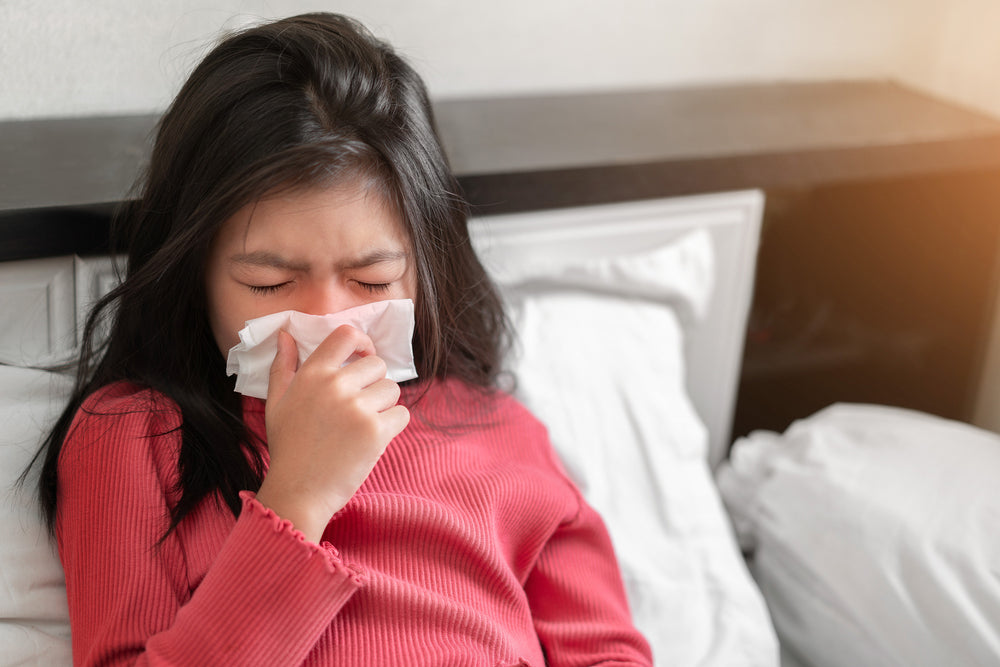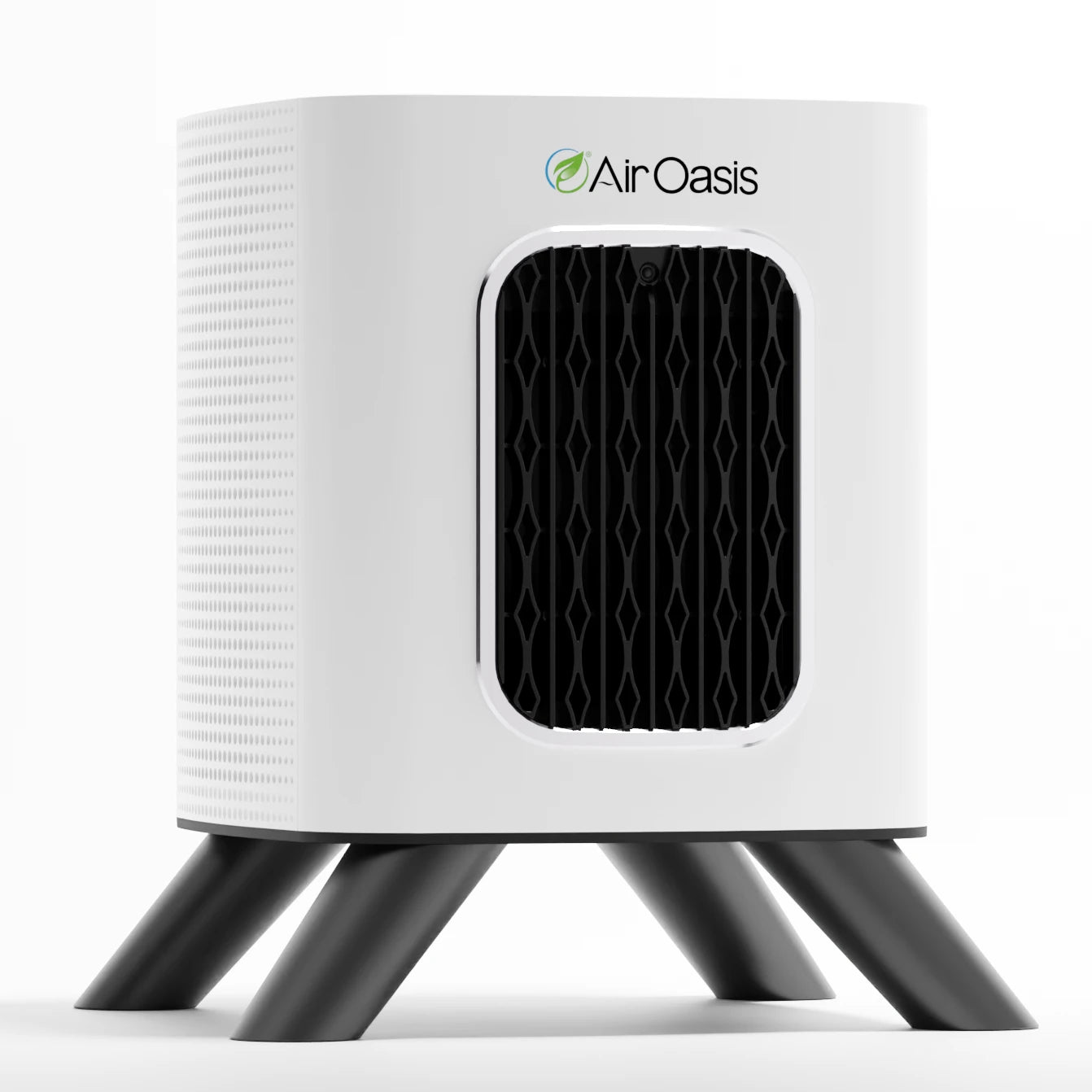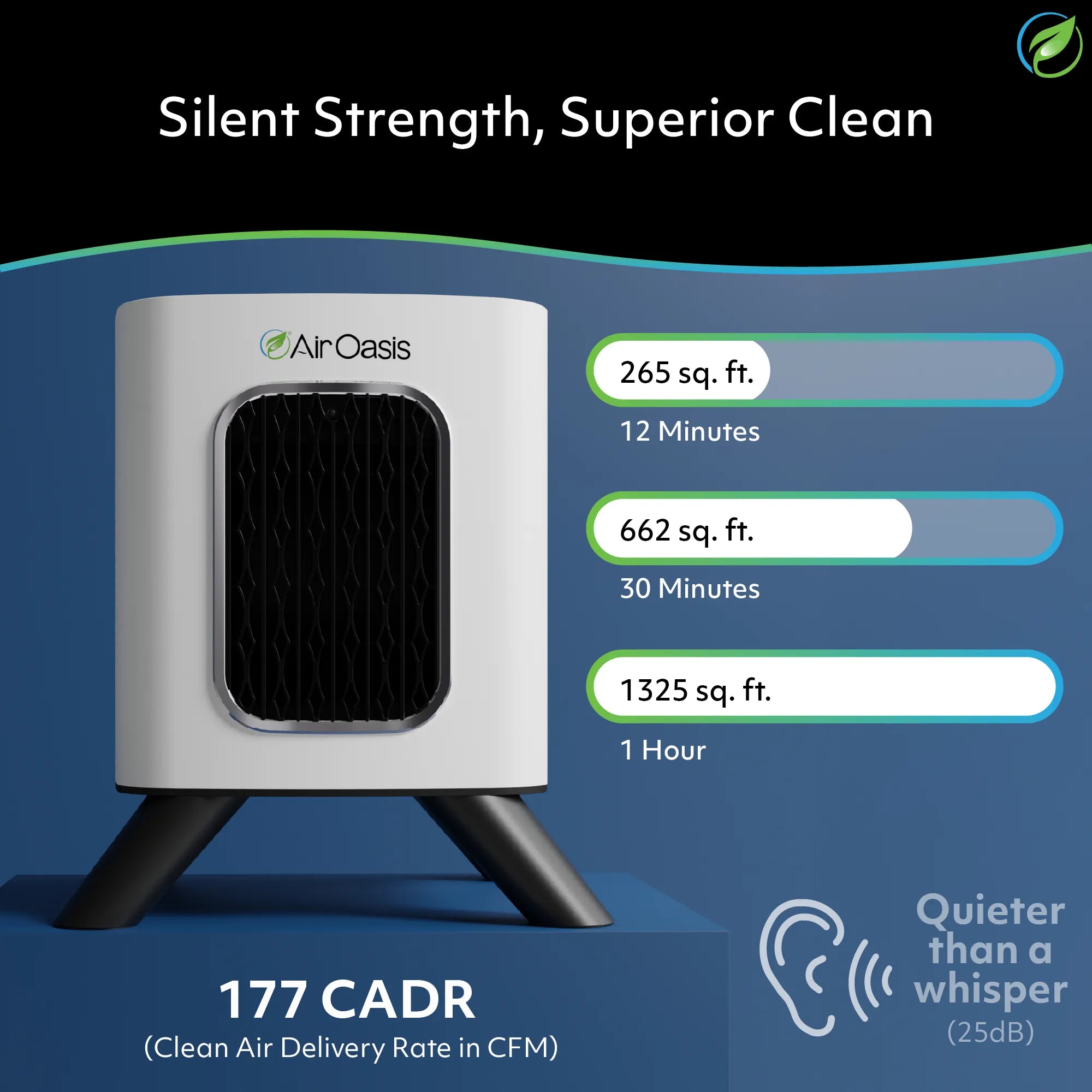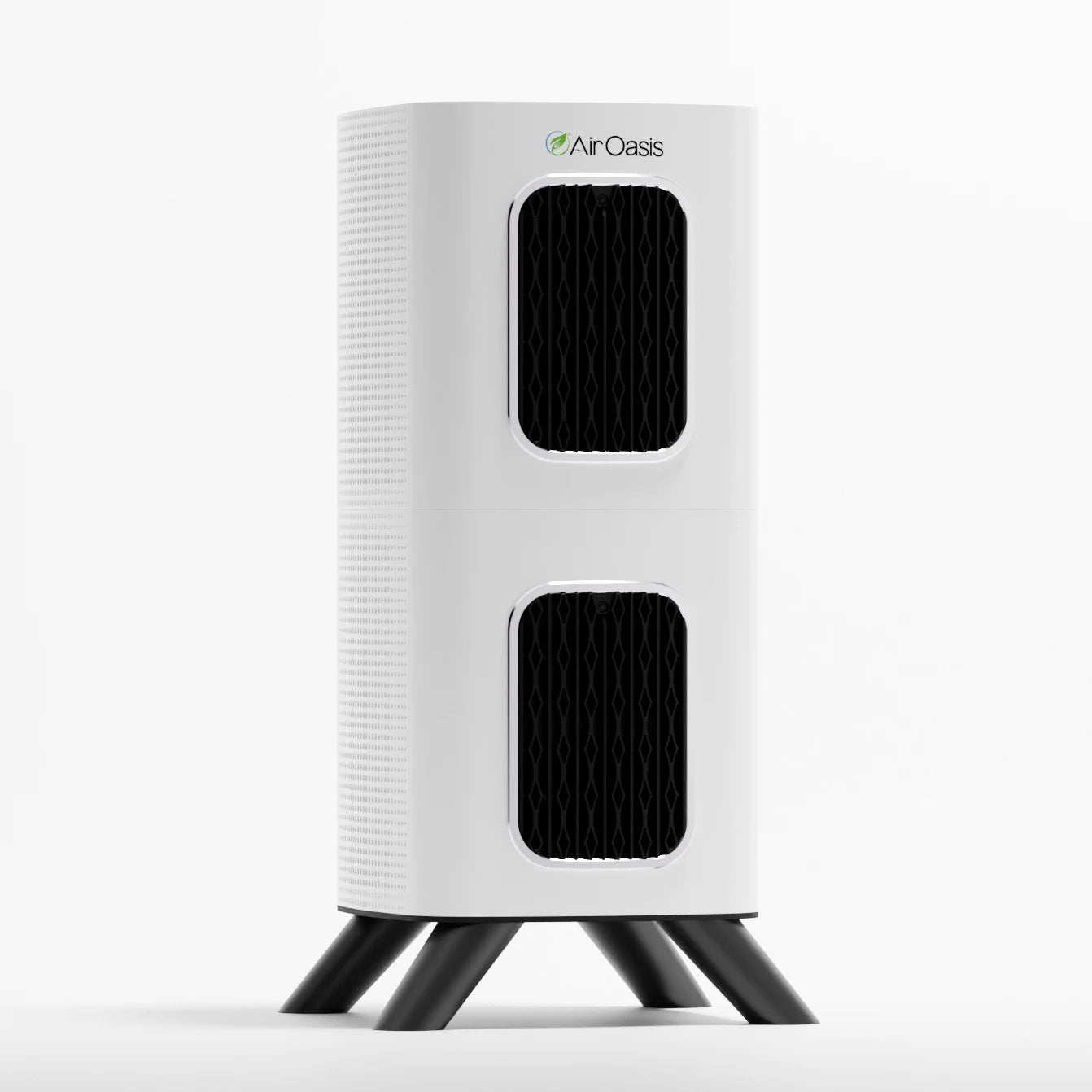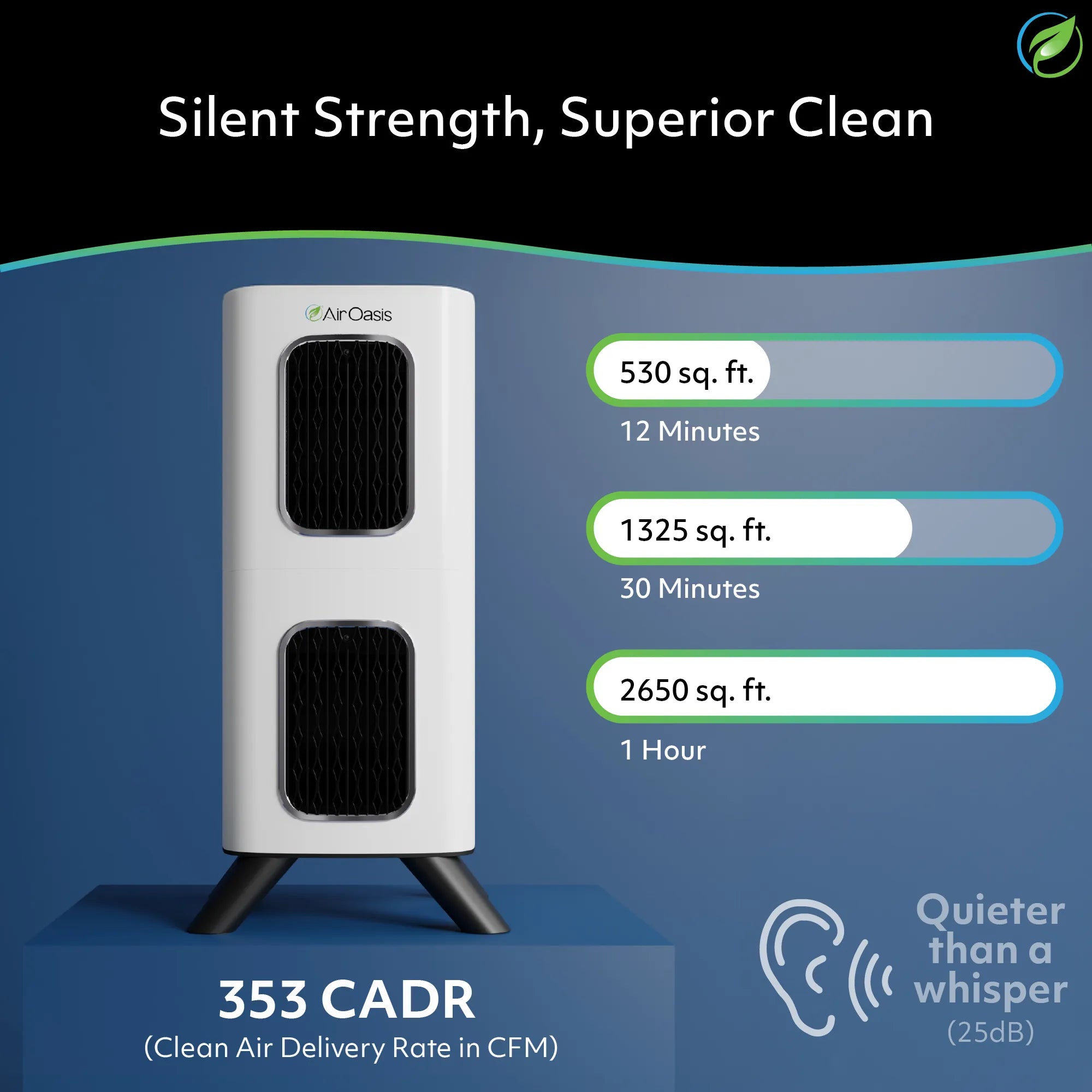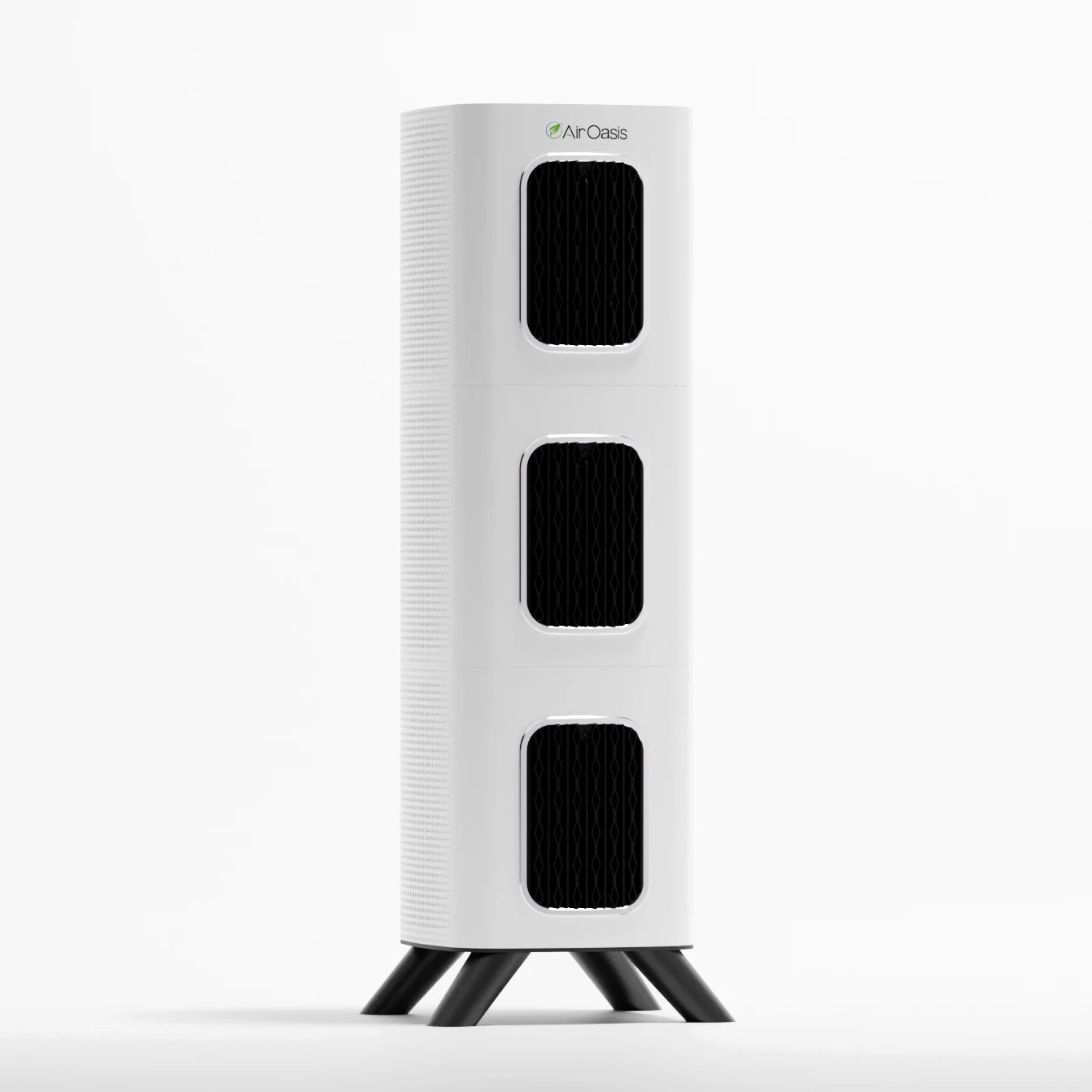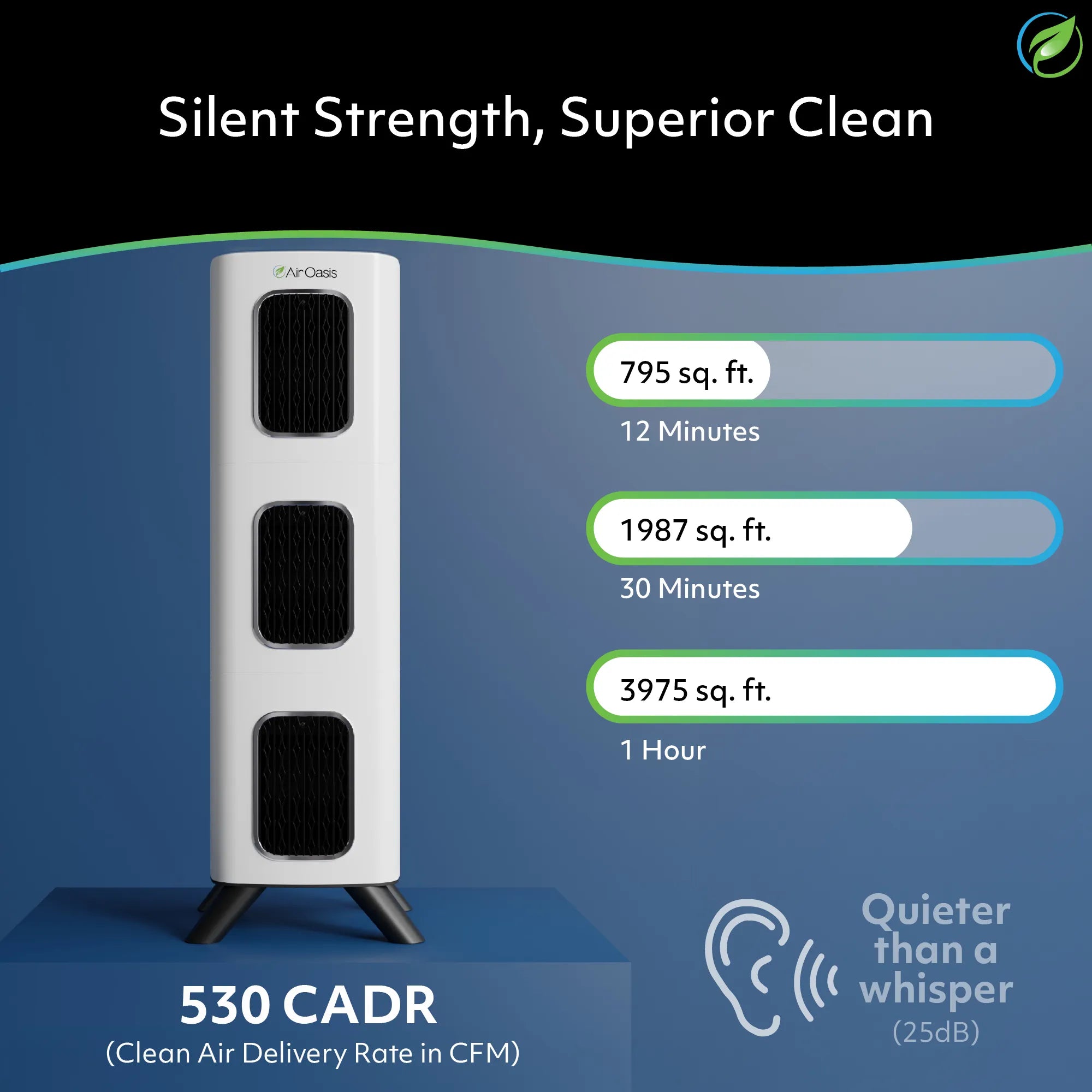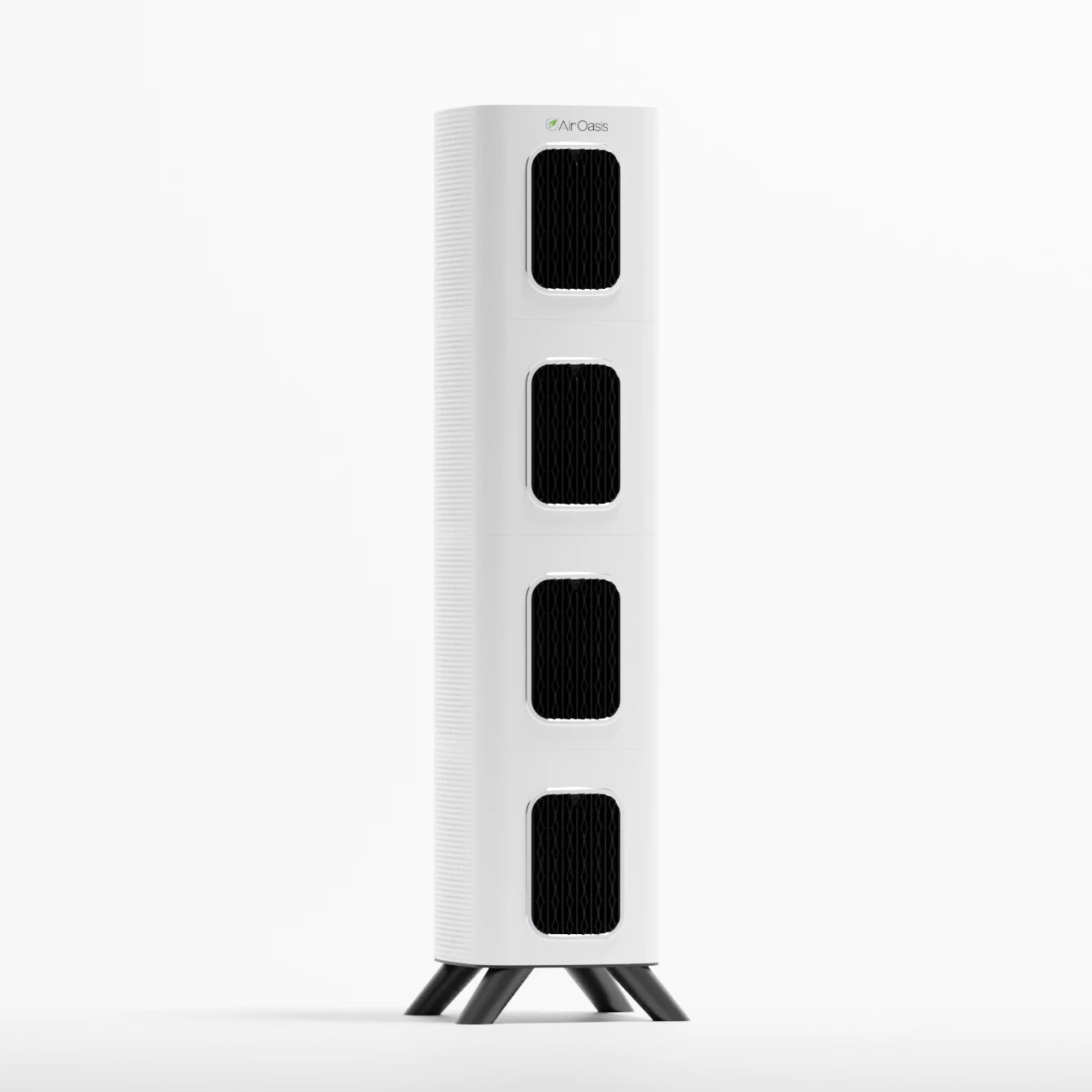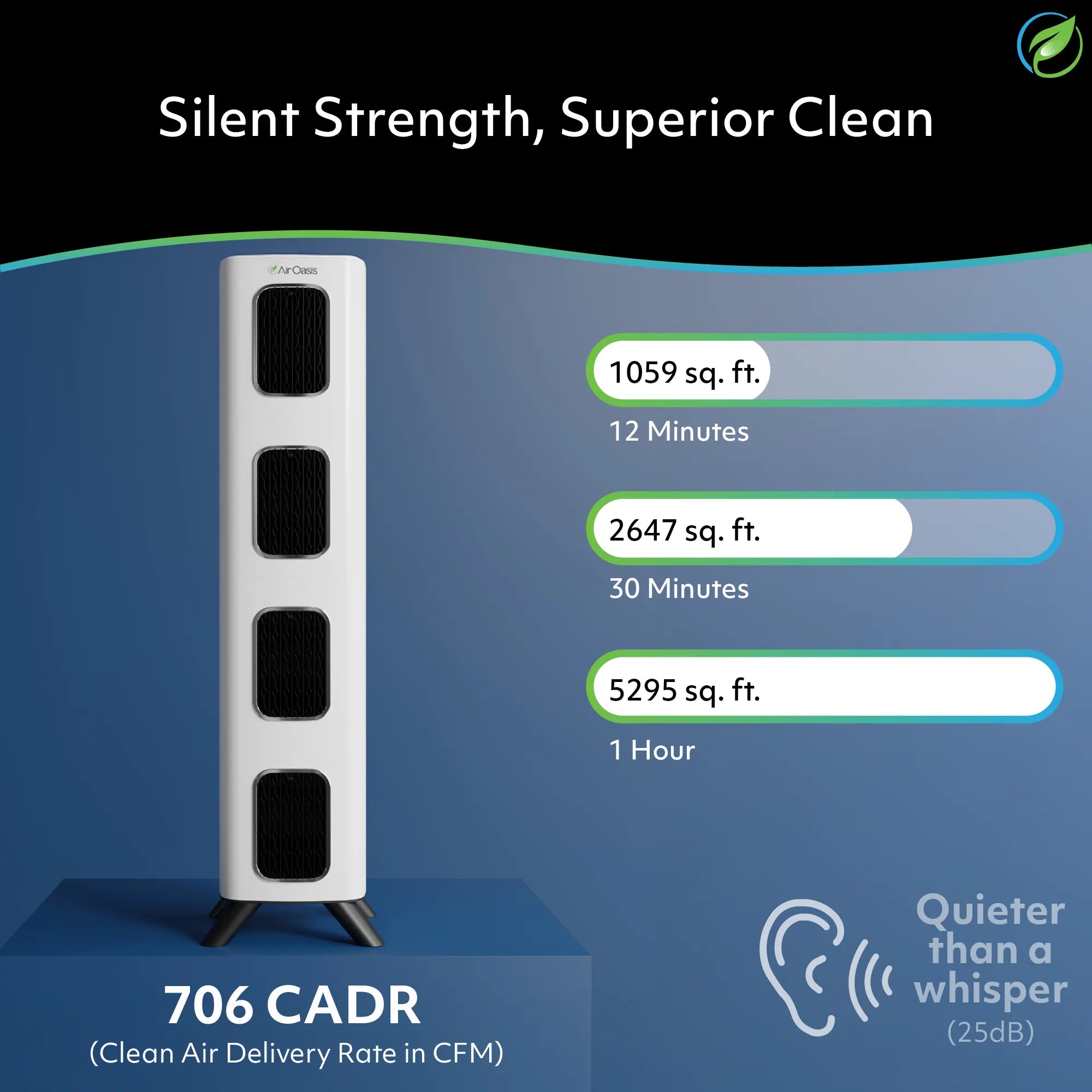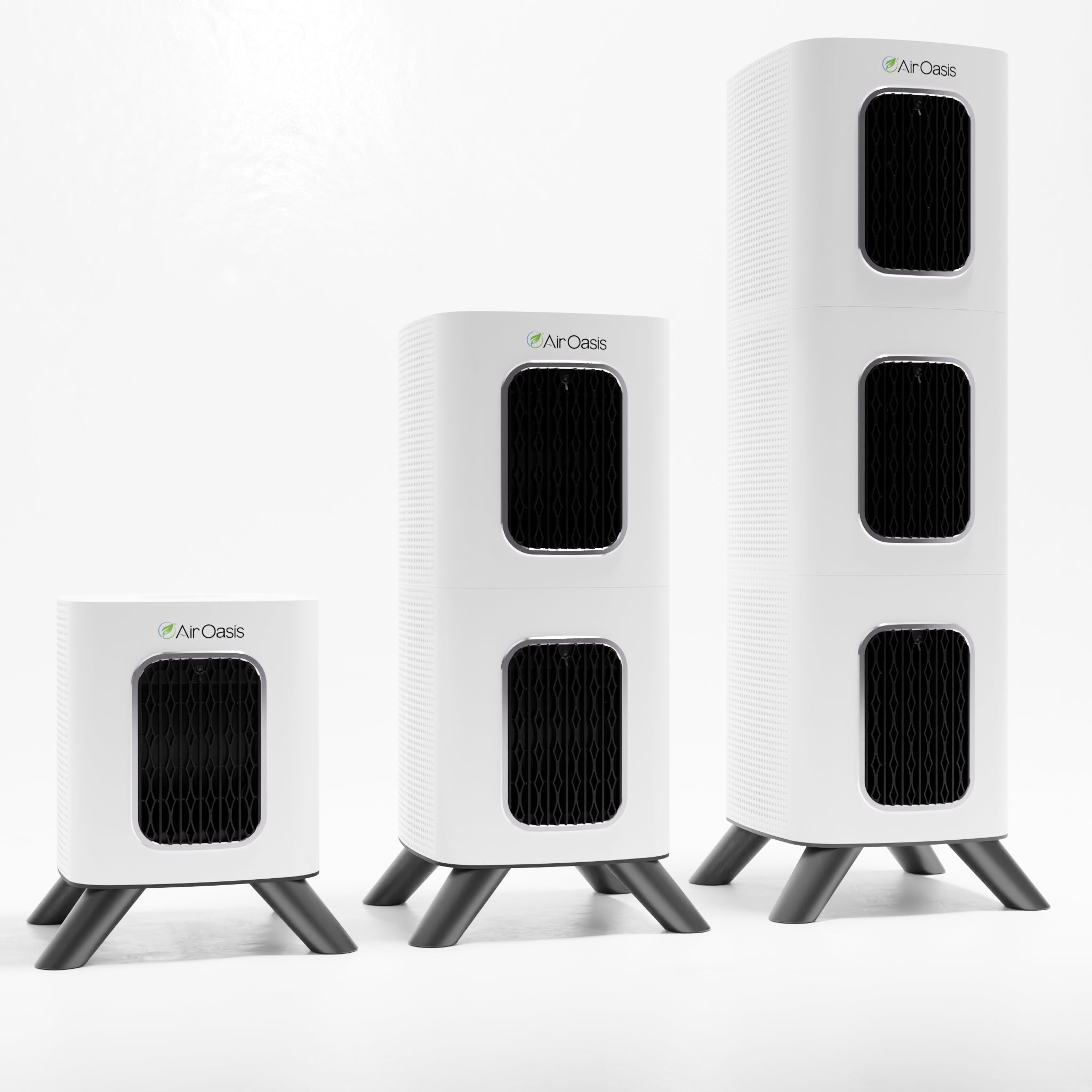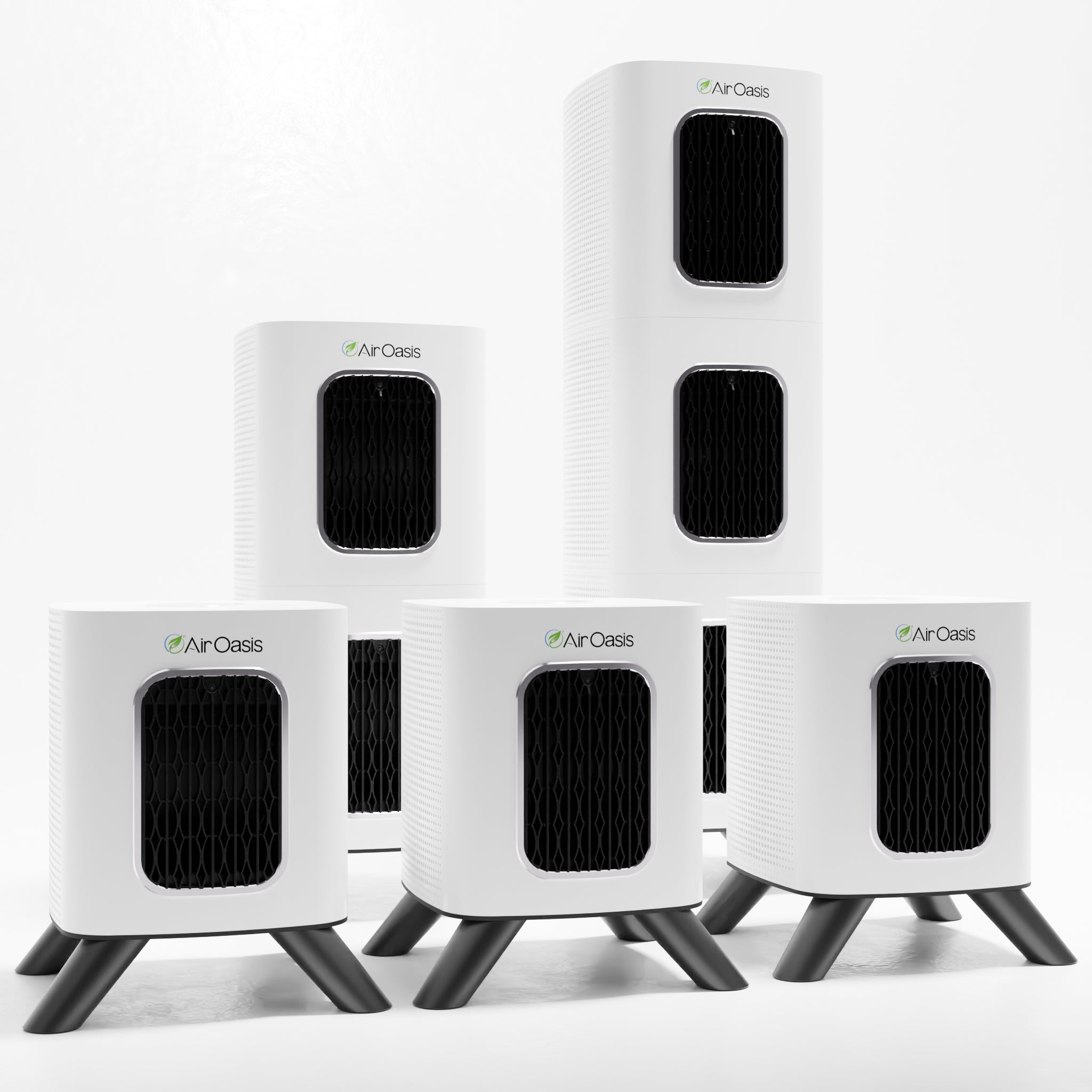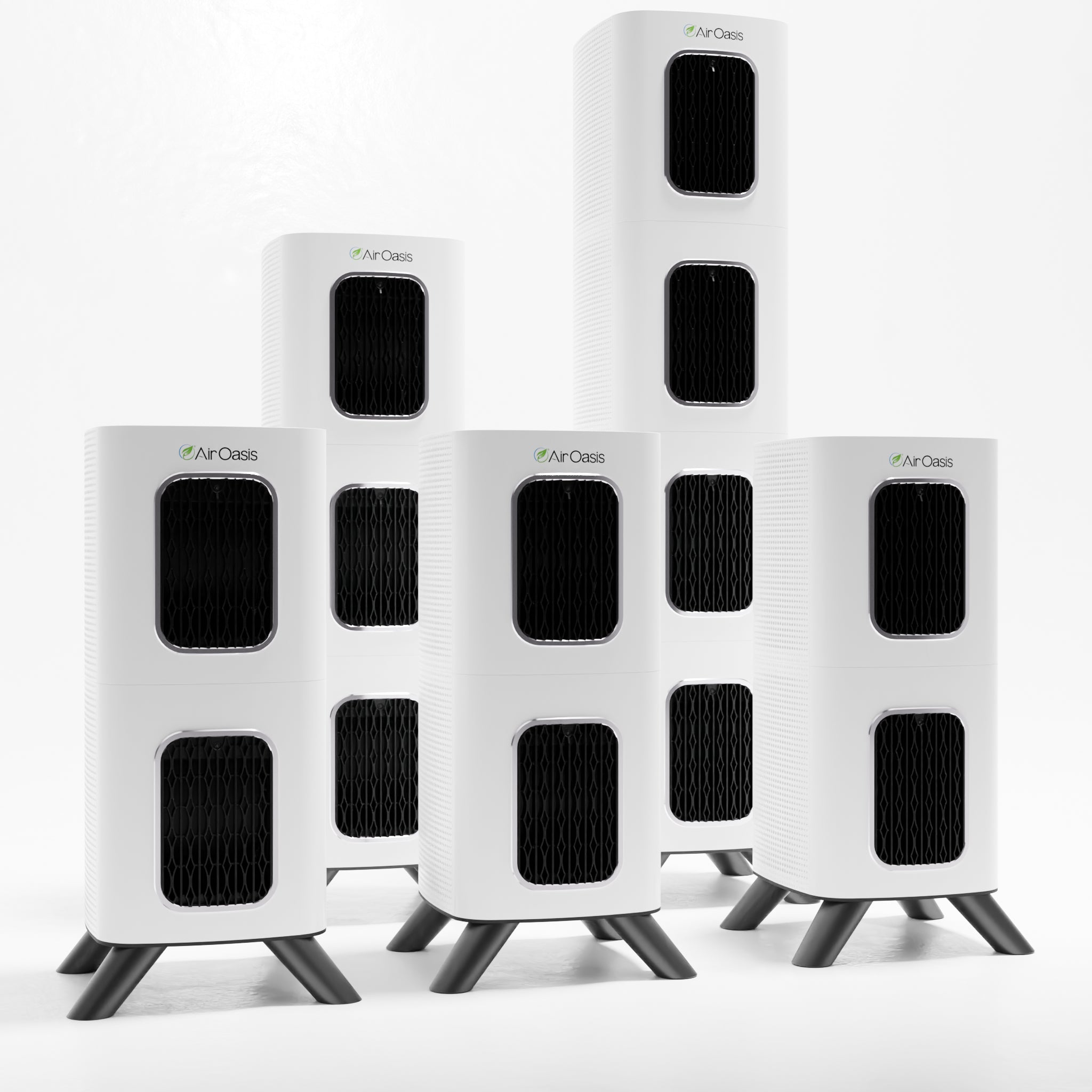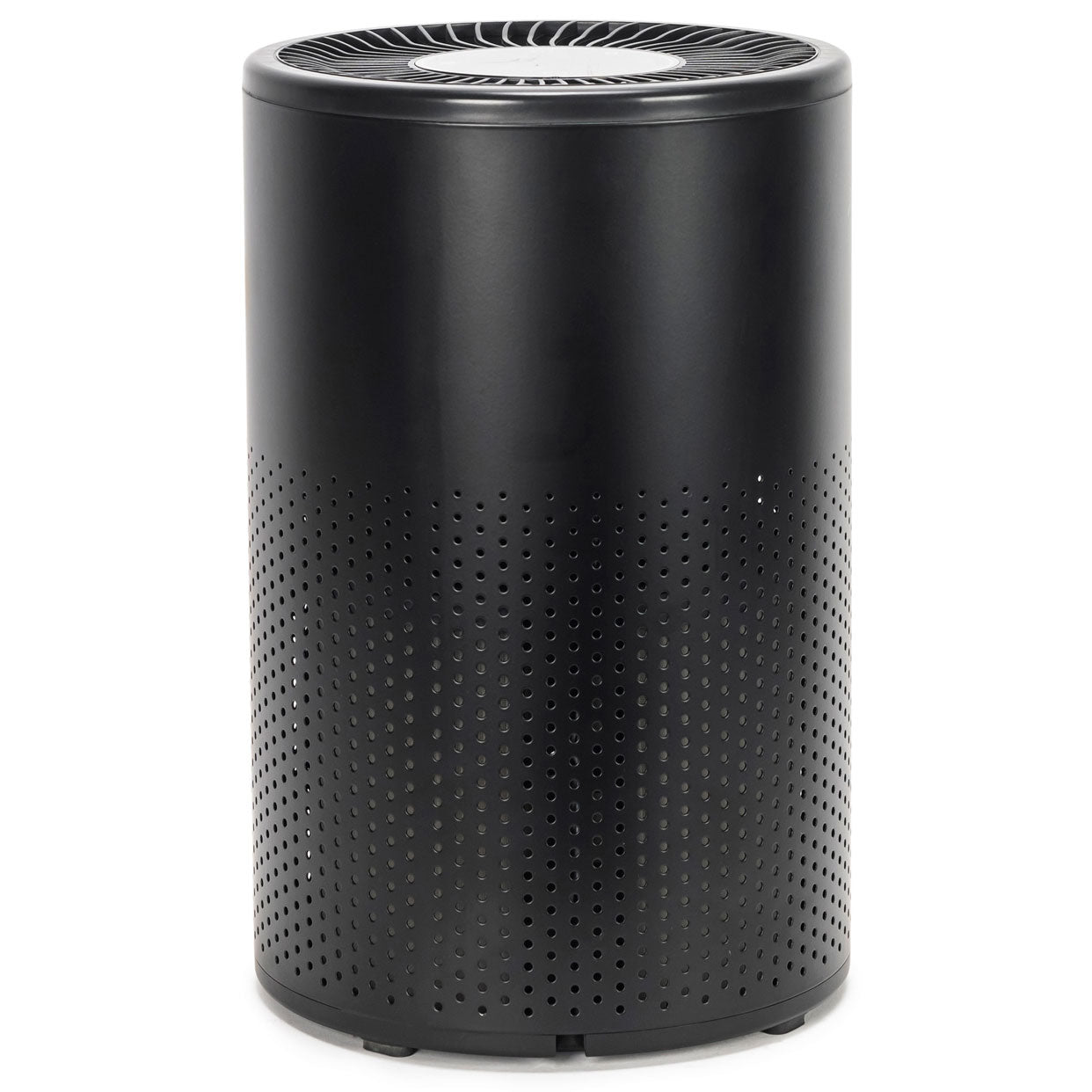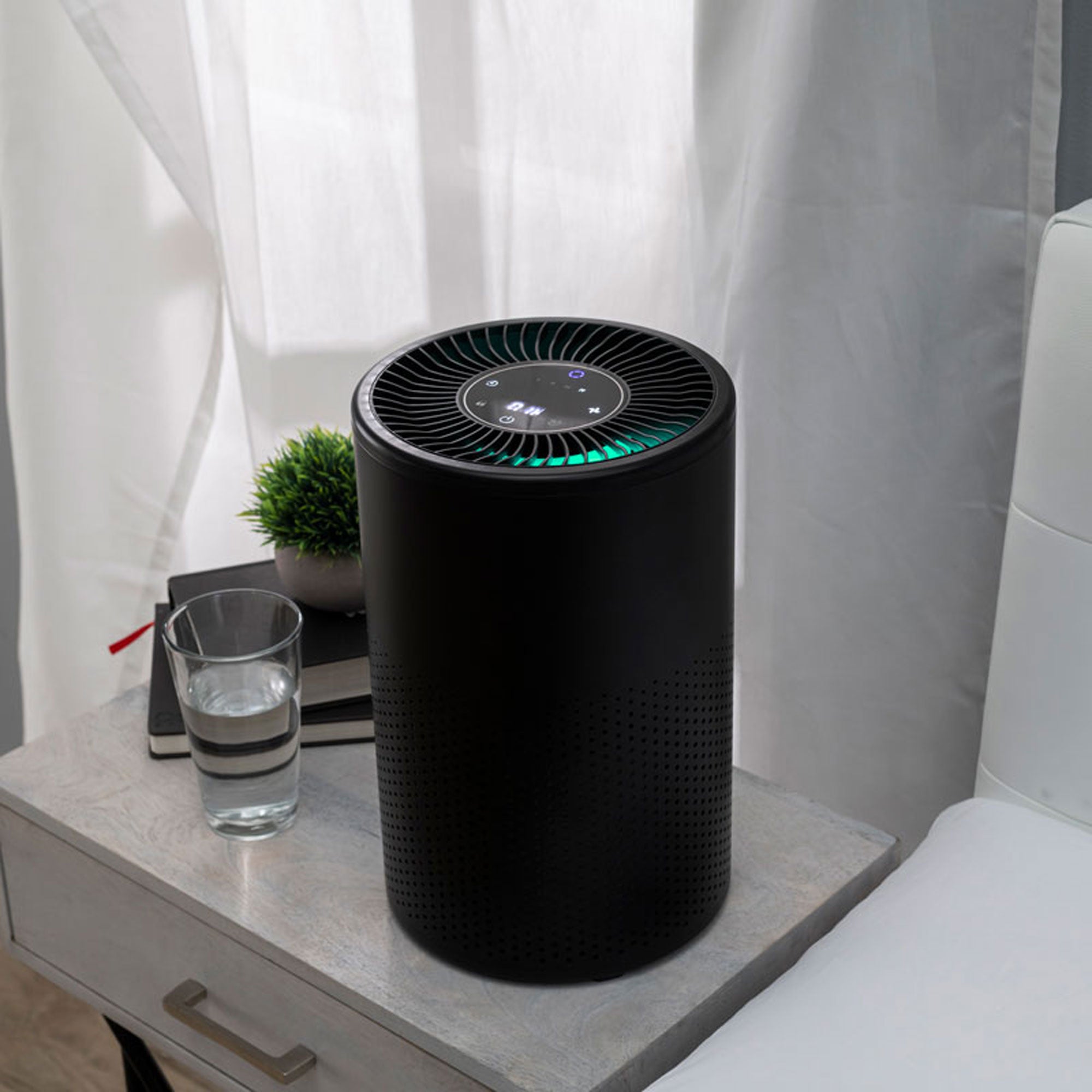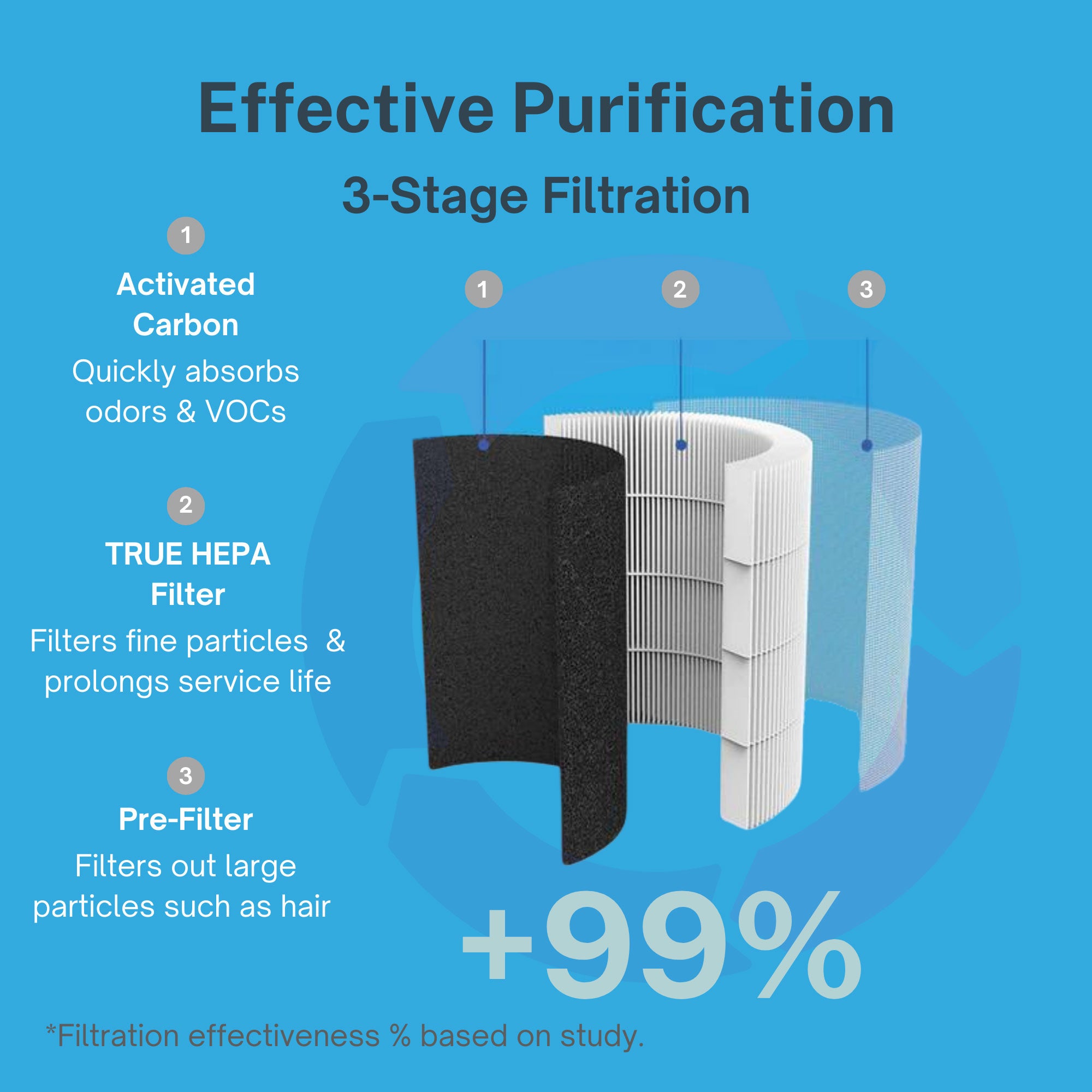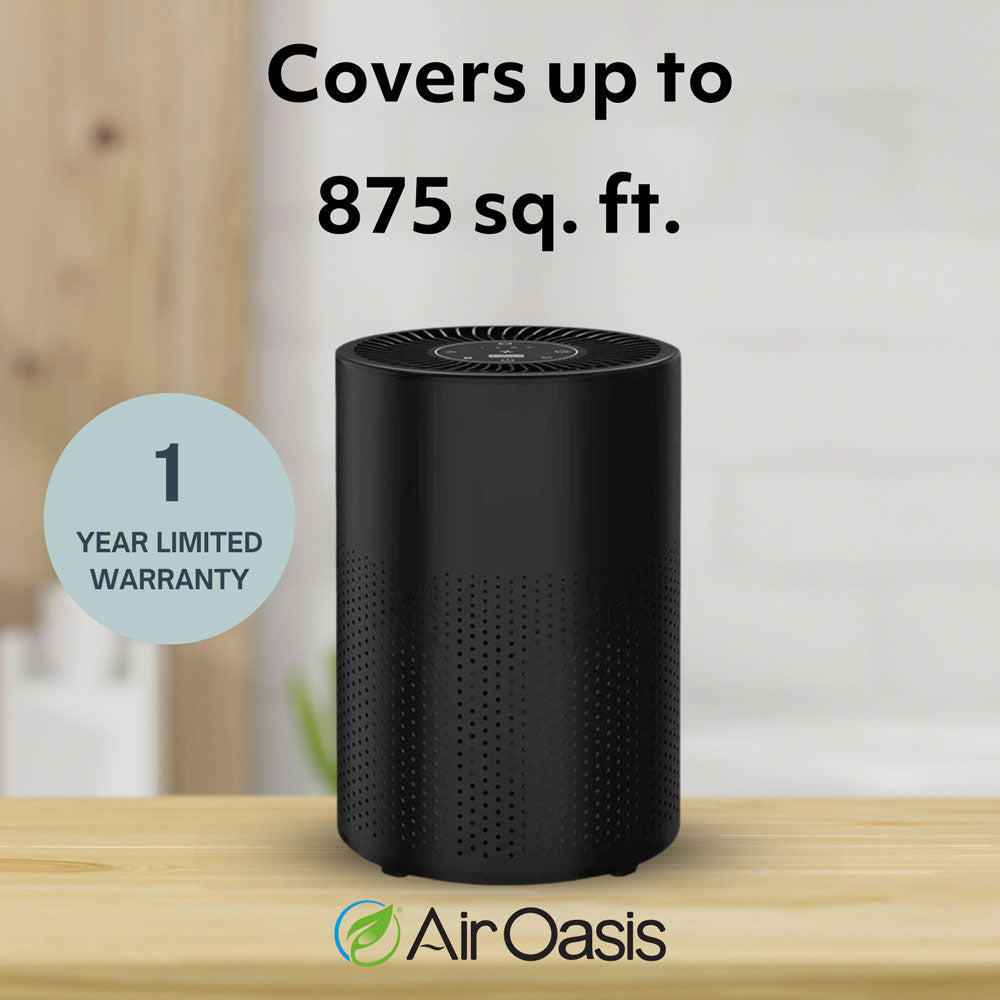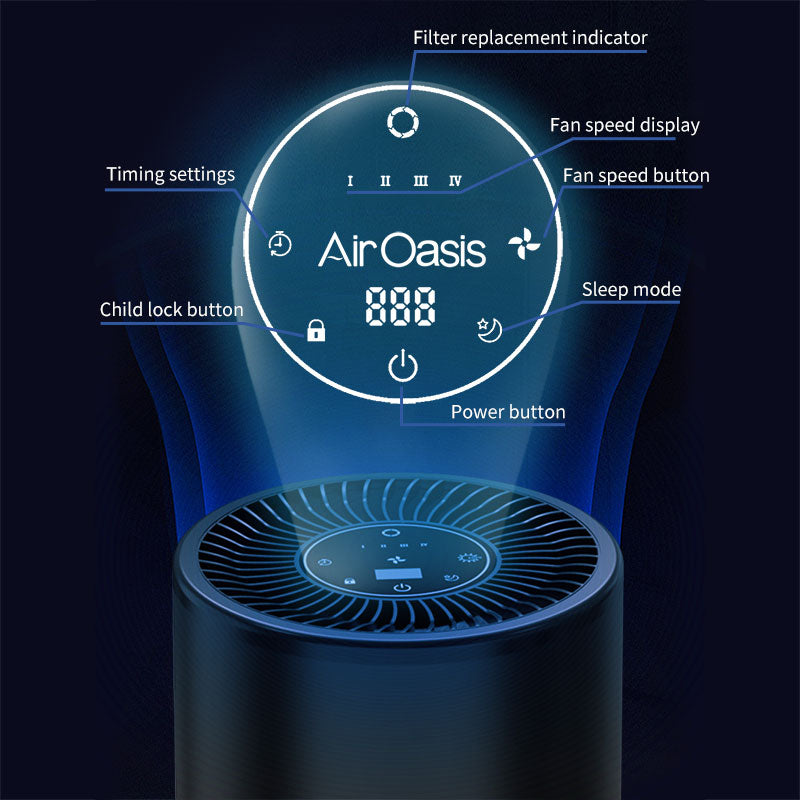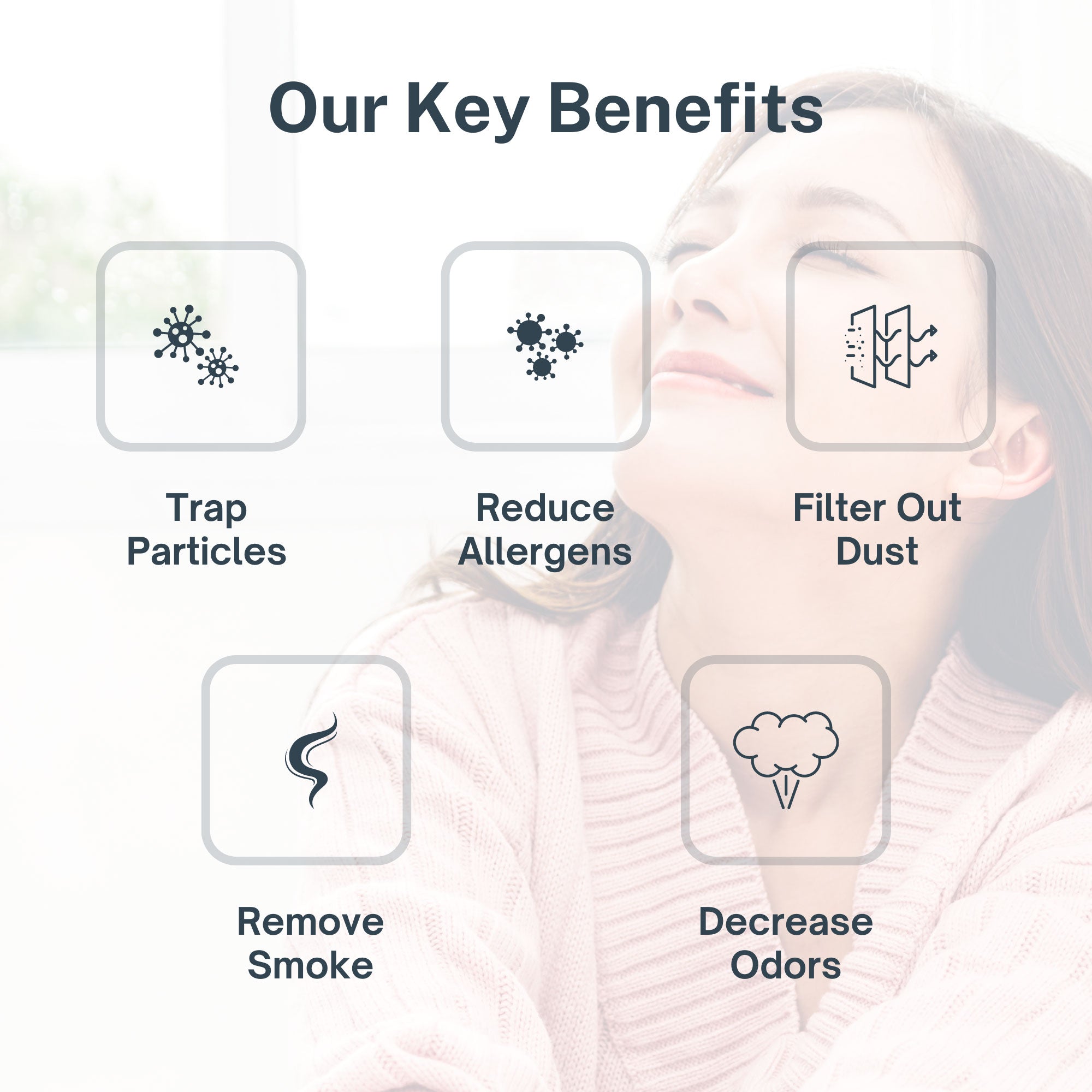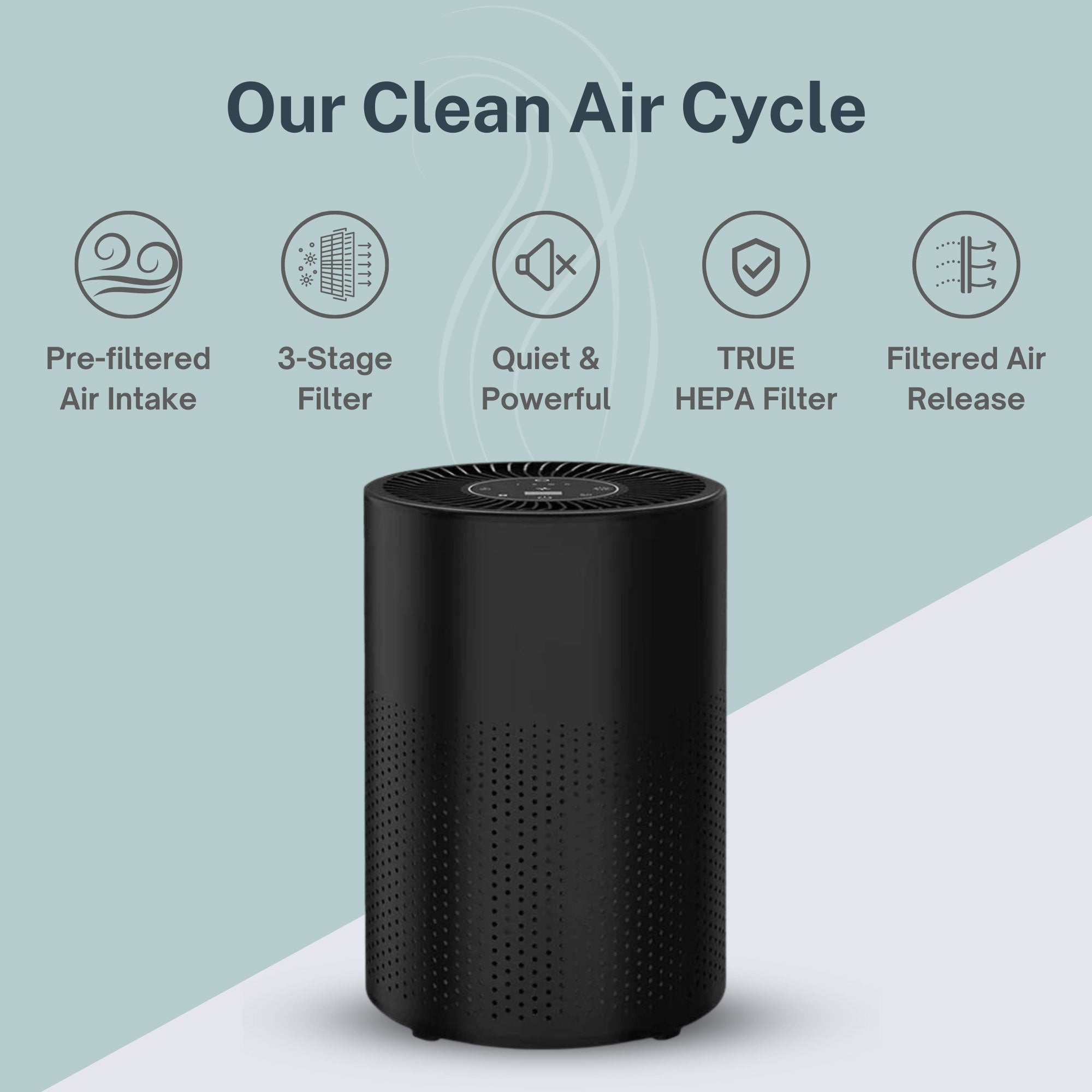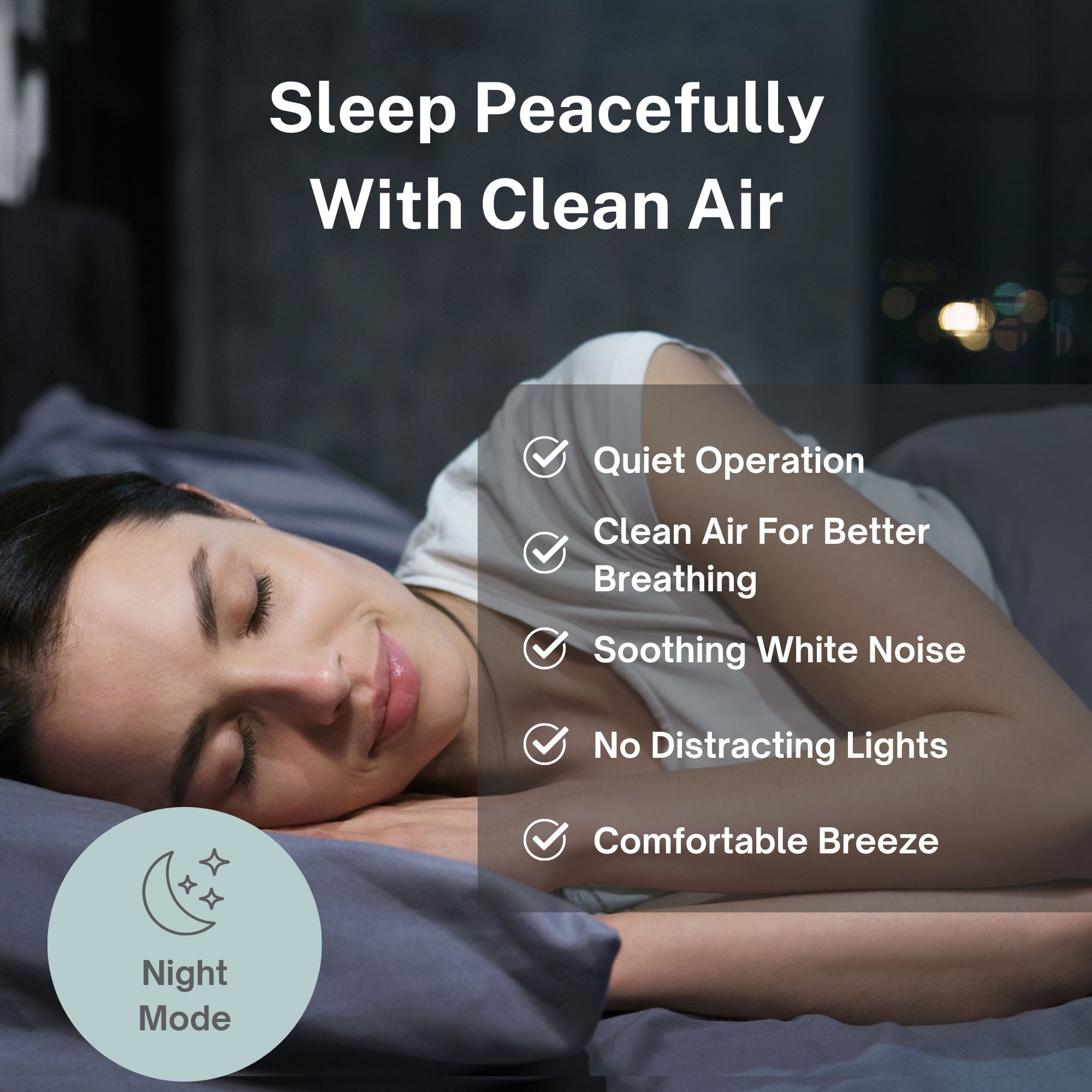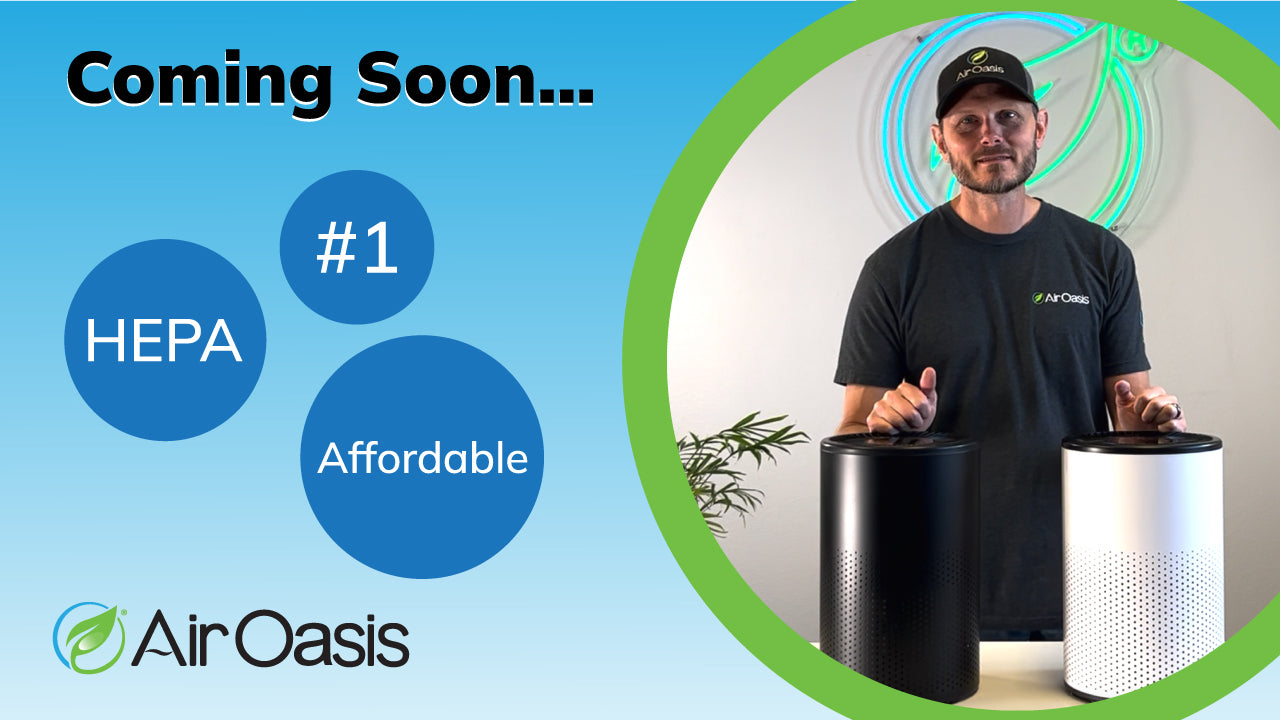As parents, we want nothing more than to keep our little ones safe, healthy, and thriving. However, there's a hidden threat lurking in many homes across the United States that can jeopardize our children's well-being: mold. According to the Environmental Protection Agency (EPA), it's estimated that indoor air pollutants, including mold, are among the top five environmental risks to public health.
In fact, recent studies have shown that up to 50% of households in the U.S. have had some degree of mold growth. This alarming statistic highlights the pervasiveness of mold in our living spaces, making it a pressing concern for families nationwide.
While mold exposure can affect people of all ages, children are particularly vulnerable due to their still-developing immune systems and smaller respiratory systems. In this blog, we'll explore the impact of mold exposure on children's immune development and why maintaining clean indoor air is crucial for their overall health and well-being.
Let's dive in and learn how to protect our children from the hidden dangers of mold.
Mold Exposure in Children
Mold is a type of fungus that thrives in damp, humid environments. It can be found in various places, from bathrooms and basements to walls and carpets. Mold releases mycotoxins, tiny spores that can easily become airborne, compromising the indoor air quality in our homes.
While mold exposure can affect anyone, children are more susceptible to its harmful effects due to their still-developing immune systems and smaller airways. Even short-term exposure to elevated mold levels can trigger a range of concerning symptoms in kids.
Respiratory issues are among the most common problems associated with mold exposure. Children may experience persistent coughing, wheezing, and difficulty breathing, especially during physical activity or at night. In some cases, mold can exacerbate existing conditions like asthma, leading to more frequent and severe asthma attacks.
Beyond respiratory problems, mold exposure can also cause skin irritation, including rashes, itching, and inflammation. Children with compromised immune systems or allergies may be particularly prone to these skin reactions.
Headaches, fatigue, and general malaise are also potential symptoms of mold exposure in children. These non-specific symptoms can often be overlooked or attributed to other causes, making it essential for parents to be vigilant and investigate potential mold problems in their homes.
Addressing mold issues promptly is crucial, as prolonged exposure can lead to more serious health consequences. Left unchecked, mold can contribute to the development of respiratory illnesses, such as bronchitis or pneumonia, and potentially cause long-term lung damage.
Mold Effects on Immune Development
The impact of mold exposure on children's health goes beyond physical symptoms; it can also have far-reaching effects on their immune system development. During the critical early years, a child's immune system is still maturing and learning to recognize and respond to various threats.
Studies have shown that exposure to mold spores during this formative period can disrupt the normal development of the immune system, leading to potential long-term consequences. Mold exposure has been linked to an increased risk of developing allergies, asthma, and other respiratory conditions later in life.
One way mold can affect immune development is by triggering an inflammatory response in the body. Chronic inflammation, even at low levels, can interfere with the proper functioning of the immune system, making it less effective at fighting infections and diseases.
The long-term implications of immune system compromise are concerning. Children with weakened immune systems may struggle to fight off common illnesses, leading to more frequent and severe bouts of sickness. They may also be at higher risk for developing chronic inflammatory conditions, autoimmune diseases, and even certain types of cancer later in life.
Importance of Indoor Air Quality
Clean indoor air is essential for maintaining good health, especially for our little ones. While mold is a significant concern, it's not the only pollutant that can affect indoor air quality. Dust mites, pet dander, and even some household cleaning products can contribute to poor air quality and exacerbate respiratory issues.
Air purifiers play a crucial role in maintaining healthy indoor environments by removing harmful pollutants from the air we breathe, including mycotoxins. Investing in a quality air purifier can create a safer, healthier space for our families to thrive in.
Health Benefits of Air Oasis Air Purifiers
At Air Oasis, we understand the importance of clean indoor air, which is why we've dedicated ourselves to developing top-of-the-line air purifiers that effectively eliminate mold spores, dust, and other pollutants from your home.
Air Oasis air purifiers utilize advanced multi-stage filtration and purification technologies to provide superior indoor air quality. They feature a Medical Grade H13 HEPA filter that captures 99.97% of microscopic particles down to 0.05 microns, including dust, pollen, and smoke. Carbon filters absorb volatile organic compounds (VOCs), chemicals, and odors, while silver ion filters release ions that sterilize mold, bacteria, and viruses.
Germicidal UV light further enhances sterilization by disrupting pathogen DNA. Additionally, bi-polar ionization actively clusters and neutralizes airborne contaminants, even in hard-to-reach areas. This comprehensive approach not only filters but also purifies the air, promoting a healthier indoor environment free from pollutants, allergens, and harmful microorganisms. With their advanced technologies, Air Oasis air purifiers provide superior air cleaning performance.
Protect Your Children’s Health with Air Oasis
Protecting our children's health is a top priority for every parent. Addressing mold exposure and prioritizing clean indoor air can help safeguard their immune system development and overall well-being.
Don't let mold spores compromise the air your family breathes. Take proactive steps towards a healthier home by shopping our selection of medical-grade Air Oasis air purifiers. Your children's health is worth the investment.

